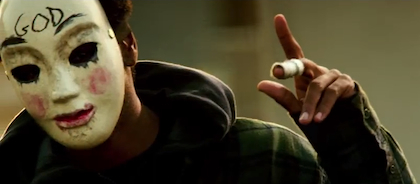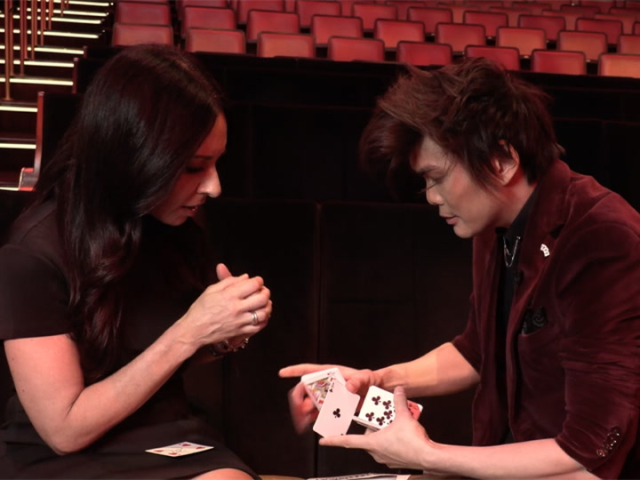'The Purge' Paradox: When Sequels Do Better B.O. Than Their Predecessors

In a twist even the shrewdest horror writer couldn't have predicted, a rather unusual occurrence took place this past weekend: The Purge: Anarchy was more successful than its predecessor, last year's The Purge, bringing in $28.3 million (that’s quite a feat considering the film was only made for $9 million) and has received better reviews than The Purge. Although the film has yet to earn any rave reviews, it does a more effective job of expanding upon its disturbing universe, in which crime (with a big emphasis on murder) is legal for 12 hours. It appears that the creators behind The Purge: Anarchy took to heart what critics and audiences didn’t like about the original and at least made an attempt to address those issues in the sequel. I would be curious to see if the franchise continues to improve, assuming that a third film is made.
What’s truly interesting is that this isn’t the first time in Hollywood this has happened. It seems to occur most frequently with horror films. For instance, take the Final Destination films -- despite the fact that they are completely absurd, each one continued to score well at the box office and attract new audiences. Blade 2 took a much more unique approach to Wesley Snipes killing vampires, thanks to the fact that Guillermo del Toro stepped into the director’s seat. However, it hasn’t just been horror films where we have seen this trend -- Shrek 2 drew in bigger crowds and better reviews, due to its even more satirical take on traditional fairy tales. Likewise, Star Wars Episode V: The Empire Strikes Back is often deemed the strongest of the original Star Wars films, as the film further expands the universe and introduces one of the franchise’s greatest characters, Yoda.
Why is it that these sequels surpass the original? We live in a time where Hollywood relies on remakes, sequels to successful films, and adaptations of popular books, so it often feels as though filmmakers are afraid to try something fresh. However, unlike the old saying “if it ain’t broke, don’t fix it,” many original films in Hollywood are broken, so it’s not the best idea to make the exact same film. The sequels that are truly successful are the ones where the creators take note of what didn’t work about the first film and attempt to improve on it or take the film in a different direction. It will be interesting to see if this phenomenon continues, or if one day the sequel will fade completely. Only time will tell.
(Screenshot via YouTube)
- Sarah Osman, YH Staff



